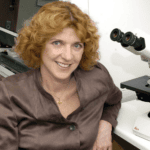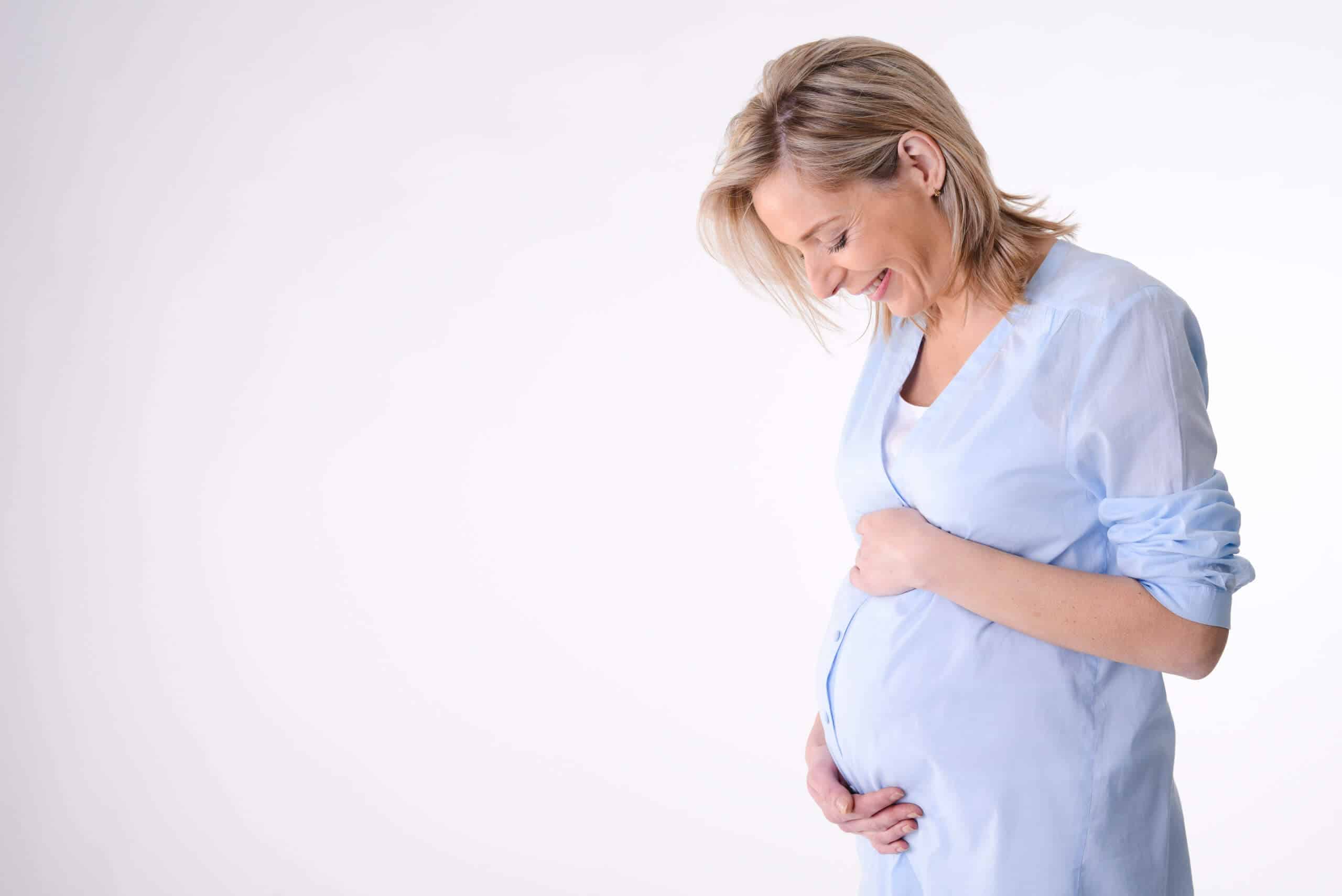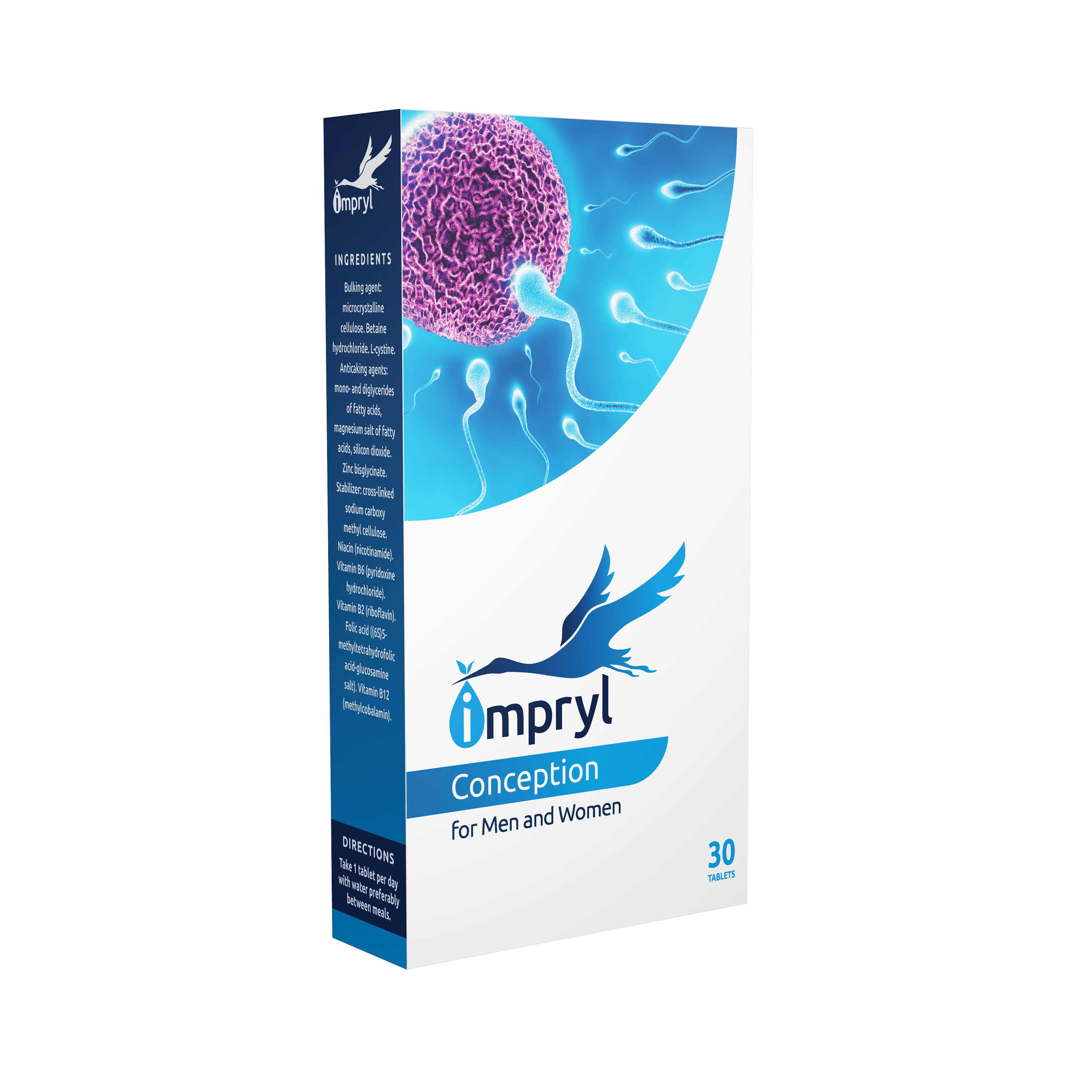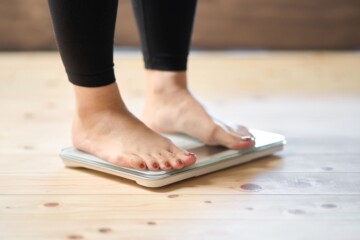Are you too old to have a baby at 40 or in your late 30s?
Studies show that women’s ovarian reserve goes down significantly after 37 years old, (1) and at the age of 40 your chances of conceiving are just over 20%, but there are many reasons why you might be trying for a baby at this age. You might be trying for your first baby or you might want to add an additional member to the family.
Sometimes it just can’t be planned and isn’t within your control — it could take a long time to find the right partner, you might have been trying to get pregnant for years with your first or you might be experiencing secondary infertility. Or perhaps you were prioritising your career or didn’t see having a baby as something that you wanted to do earlier. Feeling ready to have a baby is a deeply personal choice.
Don’t worry, you are not too late.
Many women over the age of 37 conceive and have healthy pregnancies. What changes after 37 are the odds of getting pregnant. The odds are lower than a few years before. After age 37 fertility begins to reduce rapidly and at age 40 your chances of conceiving are just over 20%. Many women think that when the menopause starts this will stop them from conceiving naturally so they have until then to conceive, but your number and quality of eggs can actually start to decline 15 years before the menopause starts.
Here are the chances of conceiving at different ages for comparison. These percentages are the same for IVF as well as natural conception. The success rate of fertility treatments is affected by the woman’s age.
| Age | Percentage chance |
| 20s | 45% |
| 30s | 35% |
| 40 | Just over 20% |
| Mid 40s | About 10% |
| After 45 | Less than 5% |
What are the chances of getting pregnant over 40 naturally?
However, it’s also about the quality of the eggs — not just the number of eggs. A woman is born with a certain number of eggs and the best quality eggs are used for ovulation each month. This means that the quantity and the quality decline as a woman grows older. (2) In your 40s, chromosomal abnormalities are more common in the poorer quality eggs that your ovaries release and this means that the chance of your baby having birth defects – and also the chance of miscarriage – is greater. (3) A woman of 45 years old has a 1/35 chance of a baby with Down’s Syndrome (as opposed to a 1/350 chance at 35 years old). The risk of miscarriage is around 40% to 50% in a 40 year old woman (as opposed to 15% to 20% in a woman under 30 years old. And these are all connected with poor quality eggs.
Start your journey with Impryl today
The fertility supplement for both men and women
The benefits to having a baby later in life
The statistics above can be frightening, but doctors will keep a closer eye on you the older you are and you will have tests and scans to ensure that you and your baby are healthy. There are positives for having a baby later in life which will make you feel more confident about the challenges of parenthood:
✔ You are mentally ready to be a parent
✔ You are more likely to have financial stability
✔ You are more likely to have an established career (finished exams and training)
What is the average age a woman becomes infertile?
The average age for menopause is 51, but most women find that they are not able to have a successful pregnancy at some point in their 40s.
Generally speaking, fertility begins to fall rapidly after the age of 37. Exactly when the decline begins, and the rate at which it progresses, varies greatly from woman to woman – but fertility always naturally declines well before the menopause.
If you are in your late 30s and trying for a baby and haven’t had any luck in 6 months, then you must tell your GP as they can arrange some basic fertility testing such as measuring certain hormones including your FSH and AMH levels and your GP will most probably refer you for investigation by a specialist.
How to get pregnant over 40: Natural supplements that can help
Because it’s more common for women to experience infertility from age 37 onwards, and because with every year that passes your chances are lower, it’s important you seek help as soon as possible if you experience trouble conceiving.
If you are trying for a baby in your late 30s you will not be alone — it has become more common for women to be older mothers than 20 years ago. And with the range of fertility treatments available today, there is help available if you need it. There are also natural supplements on the market which can boost your fertility by providing you with the essential nutrients which are lacking in today’s culture of fast, processed food.
However it is vital that you take a female fertility supplement which is scientifically proven to help and that can be easily absorbed and processed by the body. Some fertility supplements can even harm your fertility as they contain strong antioxidants which can upset your metabolic balance, damaging the quality of the eggs and sperm. Impryl stands out from the rest as it encourages your body to maintain its natural metabolic balance and so ensures the very best chance of pregnancy, whatever your age.
To see how Impryl has helped our customers, have a read of our real life success stories.
Other Interesting Topics
How to improve pregnancy chances after miscarriage?
IVF diet plan: What foods to eat and avoid for a successful pregnancy
Sources
Kushner DH. Fertility in women after age forty-five. Int J Fertil. 1979;24(4):289-90. PMID: 45103.










